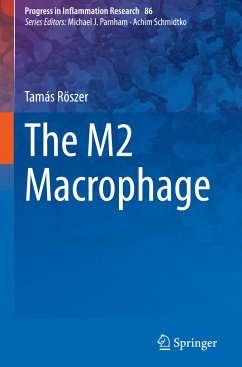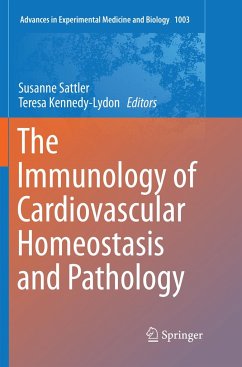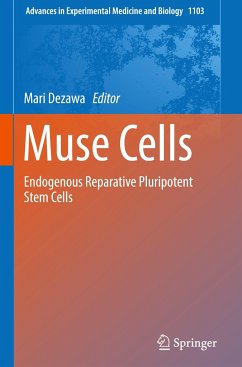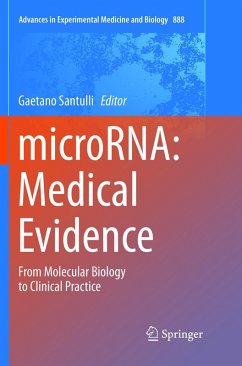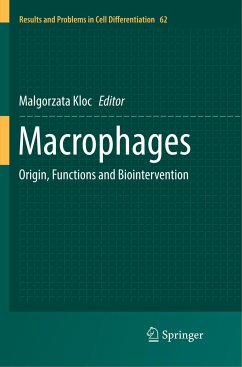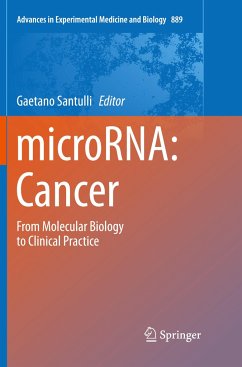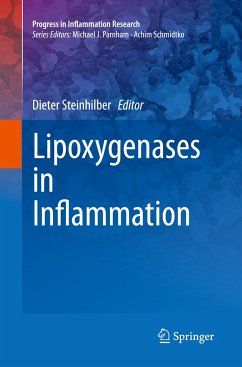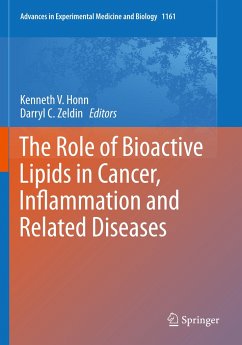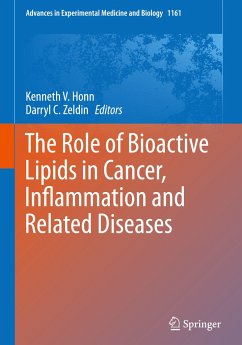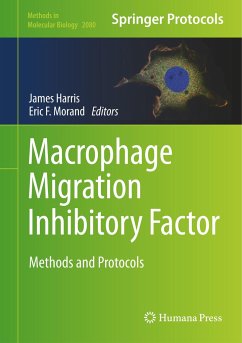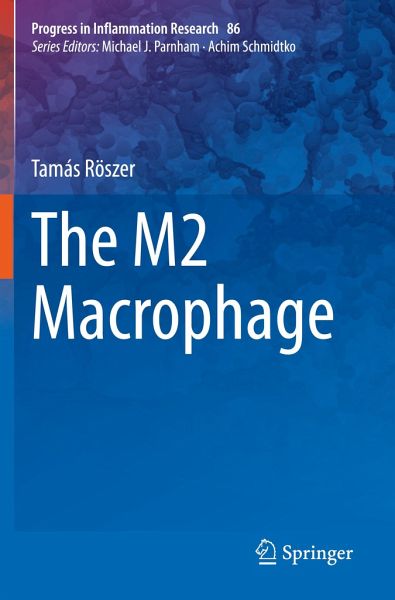
The M2 Macrophage
Versandkostenfrei!
Versandfertig in 6-10 Tagen
76,99 €
inkl. MwSt.
Weitere Ausgaben:

PAYBACK Punkte
38 °P sammeln!
Macrophages are core components of the innate immune system. Once activated, they may have either pro- or anti-inflammatory effects that include pathogen killing, safe disposal of apoptotic cells or tissue renewal. The activation state of macrophages is conceptualized by the so-called M1/M2 model of polarization. M2 macrophages are not simply antagonists of M1 macrophages; rather, they represent a network of tissue resident macrophages with roles in tissue development and organ homeostasis. M2 macrophages govern functions at the interfaces of immunity, tissue development and turnover, metaboli...
Macrophages are core components of the innate immune system. Once activated, they may have either pro- or anti-inflammatory effects that include pathogen killing, safe disposal of apoptotic cells or tissue renewal. The activation state of macrophages is conceptualized by the so-called M1/M2 model of polarization. M2 macrophages are not simply antagonists of M1 macrophages; rather, they represent a network of tissue resident macrophages with roles in tissue development and organ homeostasis. M2 macrophages govern functions at the interfaces of immunity, tissue development and turnover, metabolism, and endocrine signaling. Dysfunction in M2 macrophages can ruin the healthy interplay between the immune system and metabolic processes, and lead to diseases such as insulin resistance, metabolic syndrome, and type 1 and 2 diabetes mellitus. Furthermore, M2 macrophages are essential for healthy tissue development and immunological self-tolerance. Worryingly, these functions of M2 macrophages can also be disrupted, resulting in tumor growth and autoimmunity. This book comprehensively discusses the biology of M2 macrophages, summarizes the current state of knowledge, and highlights key questions that remain unanswered.



